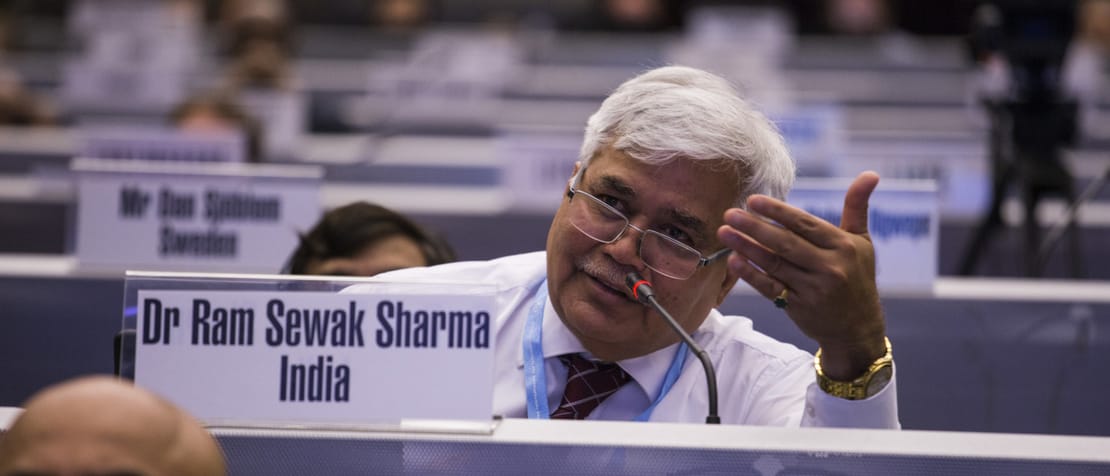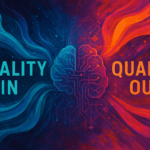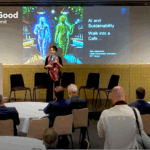How can information and communication technology (ICT) regulators respond to an increasingly dynamic, interconnected world?
There must be a “paradigm shift” of new regulations and new laws, Dr. Ram Sewak Sharma, Chairman of Telecom Regulatory Authority of India (TRAI), explained in an interview during the ITU’s Global Symposium for Regulators (GSR) last week in Geneva, Switzerland.
‘There are new technologies and new developments taking place almost every day.’ – Dr. Ram Sewak Sharma, Chairman, TRAI
“The laws which were made and regulatory systems which were made are essentially for a world of yesterday,” he says. “Many of those concepts and principles, if you apply in the virtual world also, they are becoming like hammers. They don’t capture the true spirit of the virtual world.”
Regulators must be proactive in learning about new technologies and responding to evolving situations, Sharma says.
“There are new technologies and new developments taking place almost every day,” he says. “You hear of new terminologies, new regulatory mechanisms. So, therefore, it’s very important to remain updated, to remain in sync with what others are doing.”
RELATED: ITU Secretary-General: How regulation can deliver on the promise of the digital economy
At the same time, regulators also must be careful not to be too heavy-handed or regulate things that have not yet happened, he explains.
“It should not be regulation for the sake of regulation,” he says. “It should be regulation to prevent harm to the people. It should be regulation for the smooth facilitation of the progress which will take place.”
WATCH THE VIDEO:
Moving forward, one area in which Sharma suggests regulators should focus is the creation of “robust, secure, reliable” digital identity infrastructures.
Regulators must ensure that countries, businesses and individuals can experience the benefits of digital identities, which include convenience, verification and access to services, while addressing concerns of privacy and data protection, he says.
RELATED: How India is achieving digital financial inclusion for one billion people
“The world seems to have realized that identity is at the base of almost everything,” he says. “In a connected world, where you can create multiple identities, you can really spoof identities, you can steal identities … it is important from a security perspective also to have a very robust digital identity infrastructure.”
‘It should not be regulation for the sake of regulation.’
Another focus area should be the deployment of fifth-generation mobile technology (5G), he says.
“5G is going to become a platform for almost every domain of life,” he says. “Whether it is health or agriculture or irrigation or transportation or Smart Cities, 5G is going to become all-pervasive.”
India is leveraging these advancements with the establishment of a task force for 5G roll-out and centers of excellence for 5G, among other actions, Sharma says.
RELATED: 5G is coming more quickly than we think: Intel’s Jayne Stancavage
With 5G, as with other emerging technologies, Sharma explains, the key for regulators is to continue to learn, to share information and to engage with industry. GSR, which brings together public and private stakeholders in a range of fields, helps to encourage these efforts, he says.
“The GSR is the most significant event of the telecom world in some sense,” Sharma says. “We leverage these events to create much better understanding of technologies, people, and processes all around the world.”
Staying up-to-date can help regulators create the most effective policies for a changing world, he says. “In this world, one cannot assume that one knows everything.















